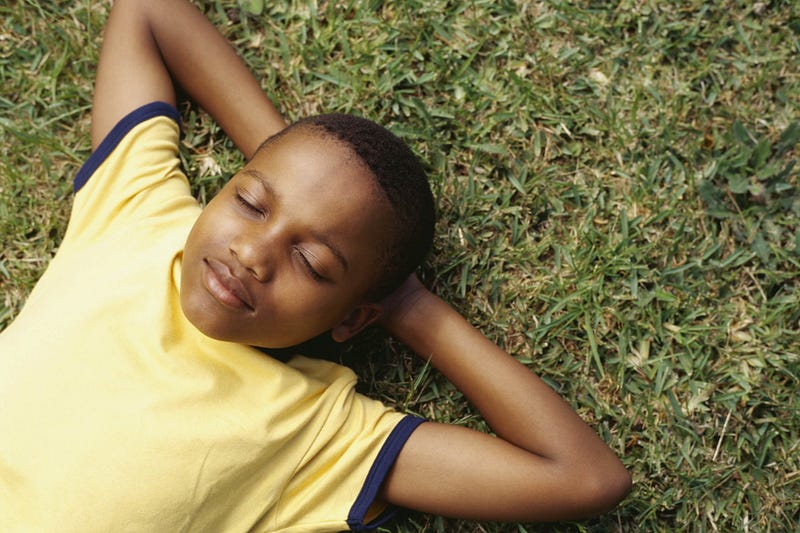Through an exploration of the work of black feminist theorists, anthropologists, and storytellers, we are exposed to sociological truths about our society and the systematic ways in which it functions to dehistoricize, dehumanize, and oppress black women. This work, Black feminist work, is vital in empowering young black girls and encouraging to claim themselves and their narratives in a world that historically sought to silence them. Black feminism has been the motor to black women’s liberation movements. The teachings of black feminism have challenged the world to accept the humanity of black women’s lives and discontinue the violent culture of socializing black women as chattel and invisible. Black feminism challenges ideological beliefs and practices of masculinity, sexism, racism, homophobia, transphobia, classism, etc. It gives context and voice to the marginalized and misrepresented. This is why, based on an analysis of my own live experience, I believe that black boyhood, in its practice and representation, should adapt a black feminist practice.
As a child my family moved very often; you could say that my mom was sort of impulsive. I grew up in low-income communities of both Miami, Florida and Atlanta, Georgia. Up and until my transition into college, I had always lived amongst folks of either Black, Hispanic, African, or Haitian decent; in American terms, marginalized people of color. Besides moving in with my dad during my freshman year of high school and having a few uncles that were in and out of confinement, I was predominantly raised by women such as my mother, grandmother, and aunts. Despite the presence of a dominant male figure, I was still raised to practice a type of harmful masculinity. I realize this truth for both myself, as well as other young black boys who’s lives and backgrounds reflect that of mine. Black boyhood has been socialized to signify illiteracy, delinquency, hypersexuality, and savagery. Unfortunately, well fortunately rather, those representations of black boyhood are violently displaced.

Poor guidance per miseducation through media, music, society, and toxic masculinity, black boys are distinctively structured to divide and fail. The poor conditions of low-income communities elevate the performance of black boys as a menace to the world, though not all black boys are black boys from ‘the hood’. Media depictions of black men seek to portray them as either violent or solely manipulated for entertainment purposes. I reflect on how most young black boys’ would answer the question,“What do you want to be when you grow up?” Most would respond, “A football player”, “Basketball Player”, “Rapper”, “Music Producer”; though I am by no means discrediting black men in these professions, I do believe that when black men are presented as entertainers, and of the type of entertainment that invokes masculinity, then they’re opportunities and purposes seem limited. This successfully adds the ongoing infestation of gangs, pimps, drug dealers, and jail inmates. Teaching black boys to instead love and invest themselves into what liberates them, would reverse that effect. This process has the potential to bring about more black male teachers in urban education and post-secondary education. It has the power to invite more black men into theatrical spaces of black performance. It would expose black men to the realness of themselves and set us free of societal restrictions and expectations. More black men would feel free to ‘feel’ and explore the range of their sexuality and eroticism. Through a black feminist intervention that centralizes black women and black girlhood, yet teaches black boys the essence of black feminism, where and when it derived, who it derived from, and how it is properly engaged and practiced; black boyhood could undergo a transformation that will begin to deconstruct black masculinity from the inside to out.
My belief in black feminism and its strength to accomplish these feats in black boyhood comes from the personal void that black feminism has filled within myself. My engagement in this material has forced to me reflect on my life and the way masculinity has perpetuated itself through me. It is indeed problematic and inherently destructive towards black women. One that can oppress black women. And as a black man, that should be the complete opposite of my personal agenda.
